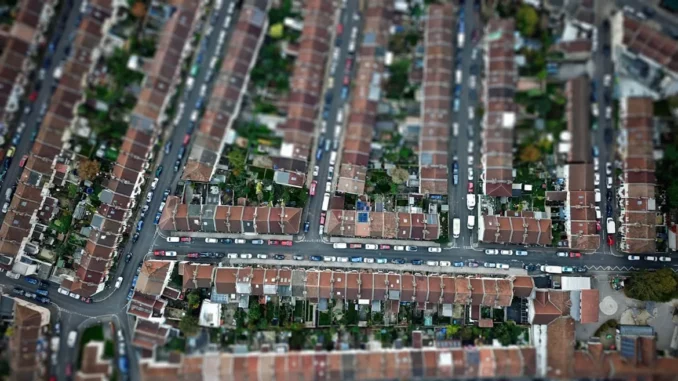
Upon entering a quaint coffee shop in Clifton, Bristol, I was immediately enveloped by the inviting aroma of freshly brewed coffee and the sight of local residents immersed in their daily routines. My visit was prompted by a meeting with Emma Collins, a long-standing resident of Clifton and a vocal critic of the proposed housing development on the site of the now-defunct Bristol Zoo.
Discover how Focus360 Energy aids sustainable development with Sustainability Statements.
Emma welcomed me with a warm smile, her eyes reflecting a blend of determination and concern. As we settled into our seats, it became apparent how deeply she cared for her neighbourhood.
“I’ve lived in Clifton for over 20 years,” she began, her voice tinged with nostalgia. “This community is more than just a place to live; it’s a way of life. When the plans were submitted to build almost 200 homes on the zoo site, it felt like a threat to everything we hold dear.”
The proposal by the charity that managed the Bristol Zoo aimed to address the city’s housing crisis and fund its conservation efforts. However, despite these noble intentions, the plan was met with substantial opposition from the local residents.
“Initially, we were shocked,” Emma explained. “The zoo has been a landmark in Clifton for as long as I can remember. The idea of replacing it with houses seemed almost sacrilegious.”
The local protests were fervent, and emotions ran high. Residents, including Emma, argued that the development would disrupt the community’s character and exacerbate traffic congestion, among other concerns. Despite this, a cross-party coalition of councillors ultimately approved the project.
“Families from our waiting list will get the great opportunity to live in such a beautiful area,” councillor Paul Goggin had noted during the planning debate. But Emma and her fellow residents remained unconvinced.
“While we understand the need for housing, we also believe in preserving the unique charm of Clifton,” Emma stated firmly. “It’s not about being against development; it’s about smart, respectful planning.”
The situation escalated when opponents, including Emma, requested a judicial review, hoping for support from the new city council, now led by the Green Party after the recent local elections. Interestingly, three Green councillors were the sole voices of dissent when the project was initially presented.
“The judicial review is crucial,” Emma said, her eyes narrowing with resolve. “We want to ensure that any development is thoroughly vetted and considers the long-term impact on the community.”
As we discussed the potential judicial review, Emma shared her thoughts on the broader implications for Bristol. With Labour plotting a construction boom, she believes that Nimby flashpoints like this one will become increasingly common.
“Bristol is at a crossroads,” she observed. “We need to balance the need for housing with the preservation of our community’s character. It’s a delicate dance, and one misstep could have lasting consequences.”
Emma’s perspective is shared by many in Clifton and beyond. The debate over the zoo site has sparked a larger conversation about development in Bristol, highlighting the tensions between growth and preservation.
“As much as we love Clifton, we also recognise the need for affordable housing,” Emma acknowledged. “But it has to be done thoughtfully. We can’t just bulldoze our heritage for the sake of expediency.”
The interview with Emma provided a deeply personal insight into the broader issue of development in Bristol. Her story is emblematic of the challenges facing cities across the UK as they grapple with housing shortages, community preservation, and sustainable growth.
As I left the coffee shop and walked through the charming streets of Clifton, I couldn’t help but reflect on the complexity of the situation. The need for housing is undeniable, yet so is the importance of preserving the unique character of communities like Clifton.
Emma’s words echoed in my mind: “It’s not about being against development; it’s about smart, respectful planning.” In the coming months and years, Bristol will need to navigate these waters carefully, balancing the needs of its residents with the pressures of growth.
The future of the Bristol Zoo site remains uncertain, but one thing is clear: the debate has only just begun. As Bristol prepares for what could be a significant construction boom, the voices of residents like Emma will play a crucial role in shaping the city’s future.
For now, Clifton remains a battleground, a flashpoint in the ongoing struggle between development and preservation. And as Emma and her fellow residents continue their fight, they serve as a reminder that progress must be tempered with respect for the past.


Be the first to comment